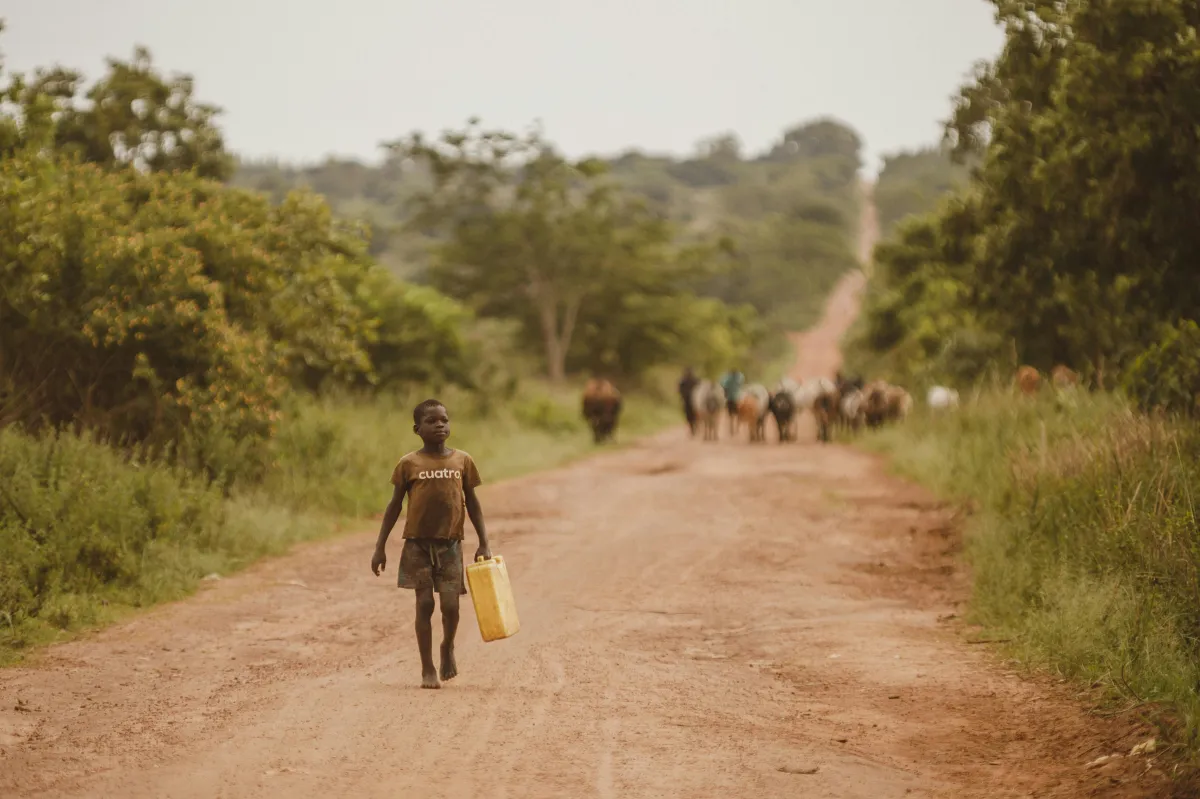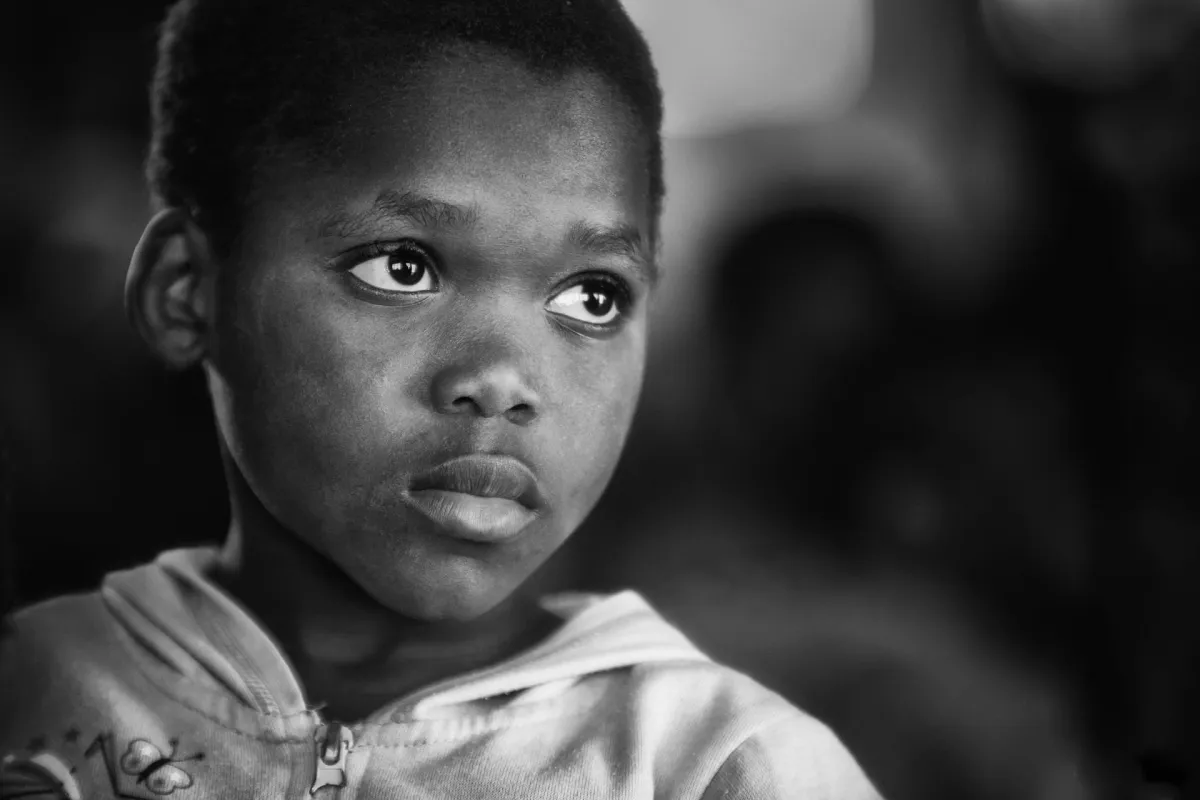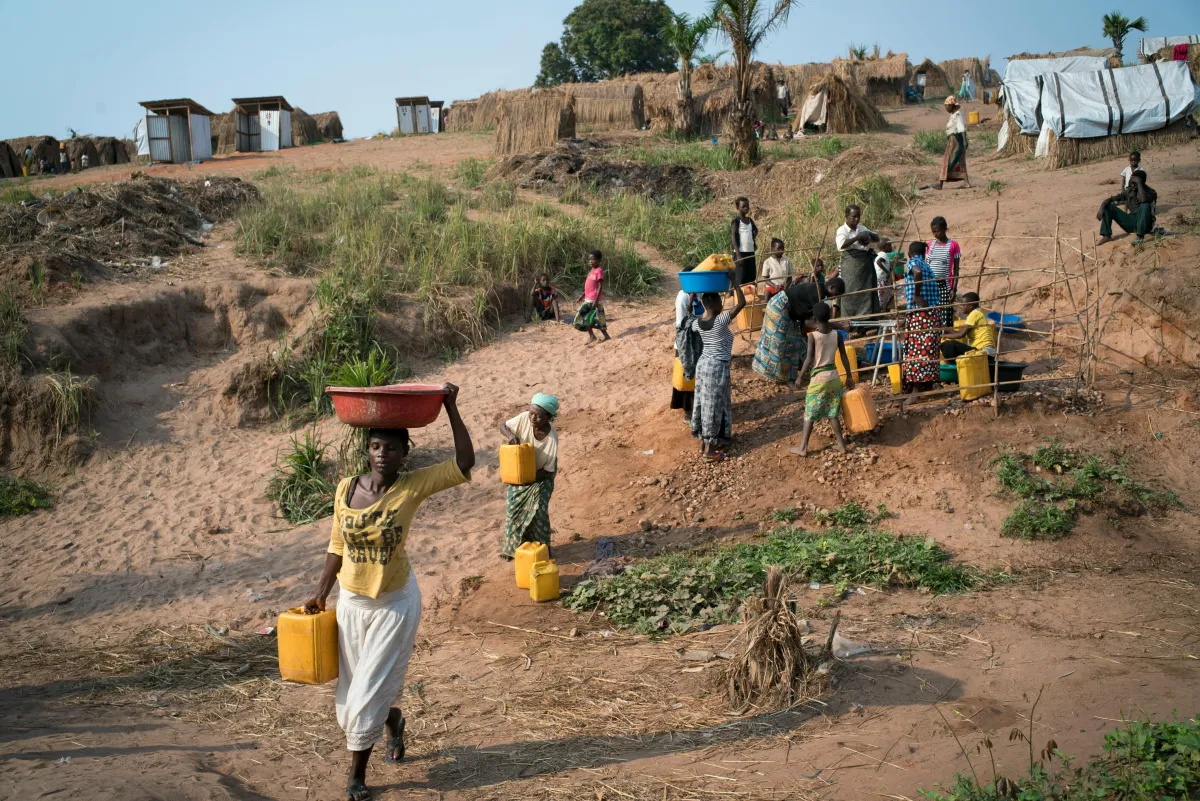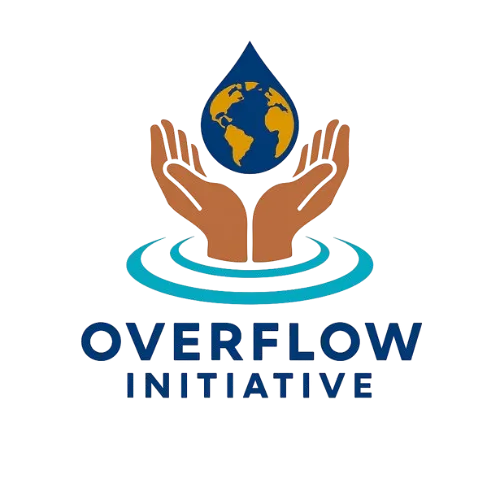The Global Water Crisis Is Urgent
Nearly 1 in 4 people worldwide lack access to safe, clean water.
In Uganda and Kenya, millions still walk miles each day to
collect unsafe water, risking their health and future.
The Global Water Crisis Is Urgent
Nearly 1 in 4 people worldwide lack access to safe, clean water. In Uganda and Kenya, millions still walk miles each day to collect unsafe water, risking their health and future.
The Global Water Crisis
Every day, families around the world struggle to find safe water. It’s not just inconvenient, it’s deadly. Children suffer, women walk for hours, and entire communities are trapped in the cycle of poverty.
1 in 4 people globally, lack safely managed drinking water
Every 90 seconds a child dies from a water-related disease
200 million hours are spent daily collecting water — mostly by women and girls
Waterborne diseases kill more children each year than AIDS, malaria, and measles combined
This crisis doesn’t just steal health, it steals time, opportunity, and hope. But together, we can change the story. By providing clean water, we restore dignity, empower women and children, and open the door to a brighter future.
The Burden in Africa

Clean Water Access
Nearly 411 million people in Africa lack access to basic drinking water. Leaving families dependent on unsafe rivers, ponds, and swamps.

Health Risks
Every sip of dirty water carries risks of cholera, diarrhea, and typhoid. These preventable diseases are the second leading cause of death for children under 5 in sub-Saharan Africa

Time Redeemed
Poor water access fuels cycles of poverty: missed school, lost income, and preventable illness. Women and girls spend up to 6 hours a day fetching water — time stolen from education, income, and safety
Uganda & Kenya: Two Nations Carrying the Heaviest Burden
Uganda and Kenya are at the epicenter of the clean water crisis. In rural villages, families walk miles for water that isn’t safe to drink. Wells are often short-lived without training and maintenance, leaving communities stranded again and again.
In Uganda, nearly 14 million people lack safe water
Only roughly 18% of the population has access to safely managed water
In Kenya, between 15-20 million people lack access to clean water Rural families rely on unsafe rivers and ponds.
Droughts and climate change are intensifying the crisis.
40% of wells fail within 5 years.
Communities are left stranded once again.
Sustainability requires maintenance, not just drilling.
Women and girls carry the greatest burden. Walking miles each day, risking safety, and losing opportunities for education or work.
The Ripple Effect of Unsafe Water
Health → Children suffer diarrhea, cholera, and other deadly diseases.
Education → Girls drop out of school to fetch water.
Economy → Families lose hours each day that could be spent working or learning.
Future → Without clean water, poverty and sickness are passed to the next generation.
The Problem is Big, But Solvable
Clean water is one of the most effective ways to fight poverty and disease. Every well can serve 500–1,000 people and last 20–50 years with proper maintenance.
© 2025 Overflow Initiative - All Rights Reserved
Overflow Initiative is a registered 501(c)(3) nonprofit organization
EIN 39-4281473
